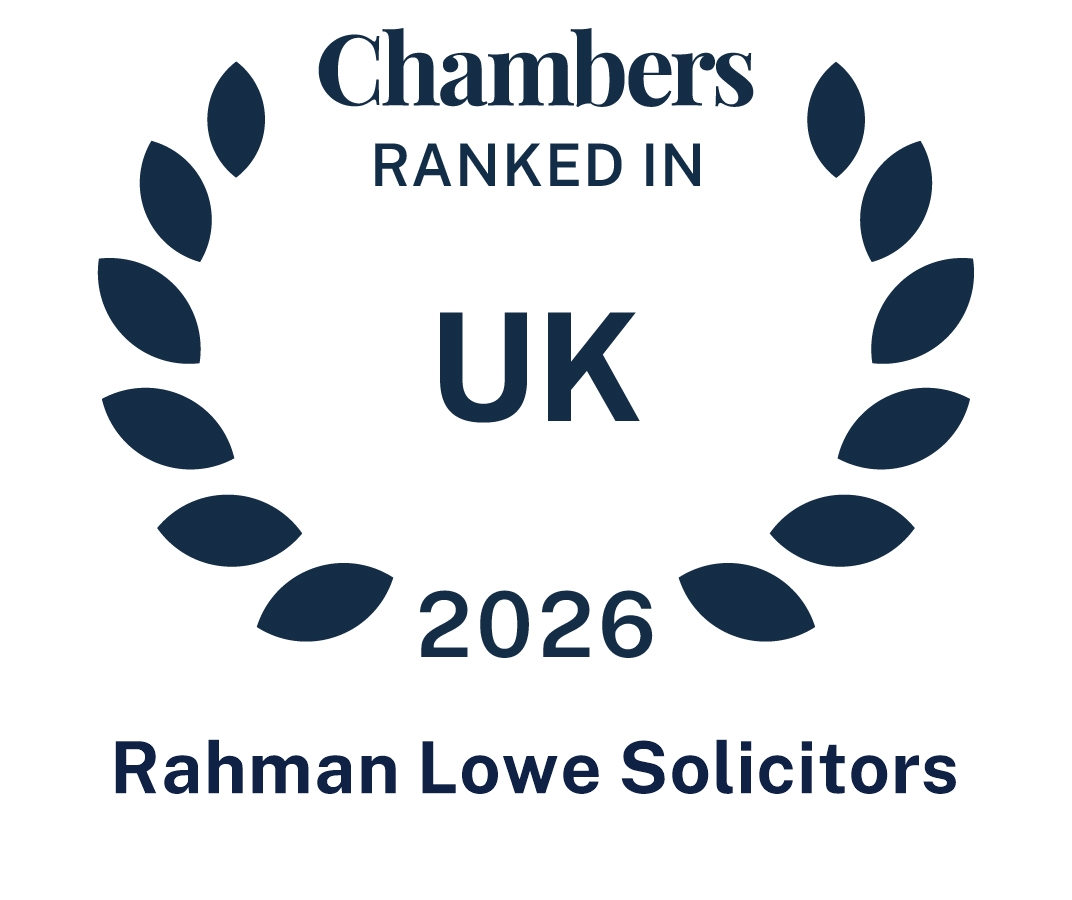Vicarious liability: Campbell -v- (1) Sheffield Teaching Hospitals NHS Foundation Trust; (2) Wesley Hammond [2025] EAT 42

Background
Mr Campbell was employed by Sheffield Teaching Hospitals NHS Foundation Trust (“Sheffield Hospital”) while working on a full-time basis as Branch Secretary of UNISON (“the Union”).
Mr Hammond was also an employee of Sheffield Hospital and had been a member of the Union before deciding he wanted to leave.
During a discussion between Mr Campbell and Mr Hammond, Mr Hammond raised that he was still being deducted his membership subscription despite having left the Union. During this exchange, Mr Hammond (white) made a racist remark to Mr Campbell (black) stating: “f***ing monkey.”
Mr Campbell issued an Employment Tribunal claim of harassment related to race and direct race discrimination against both Mr Hammond, and Sheffield Hospital.
Vicarious Liability – s.109 Equality Act 1010
Section 109(1) of the Equality Act 2010 (“EqA 2010”) establishes that employers can be held vicariously liable for anything done by a person in the course of that person’s employment. It does not matter whether that conduct is done with the employer’s knowledge or approval.
However, if an employer can show that it took all reasonable steps to prevent that conduct from happening, they will not be held vicariously reliable (s.109(4) EqA 2010).
Mr Campbell alleged that Sheffield Hospital should be held vicariously liable for the discriminatory comment made by Mr Hammond.
Employment Tribunal’s Judgment
The Employment Tribunal (“ET”) accepted the following:
- Mr Hammond’s comment was made during his working day, albeit during a break;
- Mr Hammond’s comment was made in an office that was situated a few hundred metres from the ward on which he mainly worked; and
- Mr Hammond’s comment was made in relation to the deduction of subscriptions for union membership that entitled him to the support of the union recognised by Sheffield Hospital and in which Mr Campbell played an important role.
However, the Tribunal noted the following:
- Mr Hammond did not have to be a union member to be employed by Sheffield Hospital; and
- The conversation in which the comment was made related to a personal dispute he had with the union.
Overall, the Tribunal were not satisfied that Mr Hammond’s comment was made in the course of his employment with Sheffield Hospital. Further, the ET held that Sheffield Hospital had taken all reasonable steps to prevent Mr Hammond from making the remark.
The Tribunal noted that Sheffield Hospital had:
- Carried out an induction session with Mr Hammond whereby its core values of affording dignity, trust and respect to everyone were emphasised, in addition to acceptable behaviour at work;
- Carried out an annual performance assessment of Mr Hammond which covered whether he was acting in accordance with its values;
- Displayed its values on posters in areas where Mr Hammond worked; and
- Carried out mandatory training on equality and diversity issues every three years, which Mr Hammond had attended, the most recent session being a couple of weeks before his comment.
Accordingly, Mr Campbell’s claims were dismissed.
Employment Appeal Tribunal’s Judgment
Mr Campbell appealed to the Employment Appeal Tribunal (“EAT”).
Mr Campbell submitted that the ET had incorrectly applied s.109(1) EqA 2010 by failing to look at the totality of the facts. He also asserted that it had incorrectly applied s.109(4) EqA 2010 when it only asked what steps Sheffield Hospital had taken but failed to ask whether there were any further preventative steps that Sheffield Hospital could have taken that were reasonably practicable.
The Hon Lord Fairley rejected Mr Campbell’s assertion that the ET had failed to look at the totality of the facts.
Although he commented that Mr Campbell’s assertion that the ET had also failed to apply s.109(4) was ‘moot,’ he agreed that Sheffield Hospital had taken all reasonable steps and that the ET had come to an entirely understandable conclusion, “particularly where no further steps that could have been taken were suggested either in evidence or referred to in submissions to the tribunal.”
For further information or to discuss a potential employment law or discrimination claim, please contact our specialist employment solicitors on 0207 3950 5234 or info@rllaw.co.uk. We are ranked as a ‘Leading Firm’ in the Legal 500 and Chambers and Partners independent guides to the UK Legal Profession.
7 May 2025.



